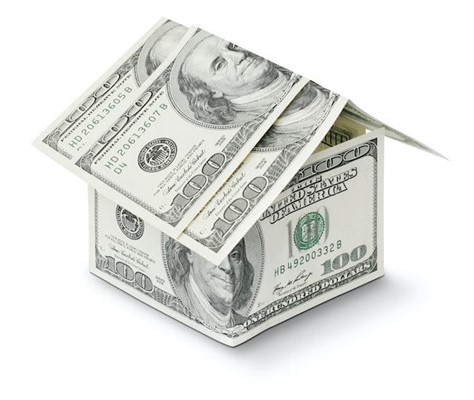Blake Templeton is the CEO of Boron Capital, a primary market investment firm, headquartered in Lubbock, Texas. In the following article, Blake Templeton discusses the importance of investing in tangible assets found in the primary market to generate wealth.
When it comes to their finances, the average American’s concept of generating wealth is stunted by a slow-growing model built around 401Ks, single-family homes, and a few stock investments. While this approach can help build a nest egg for retirement as long as retirement occurs in a year the stock market is up, the wisest investors know that simply counting on a secondary system that is pinocchioed by the Federal Reserve won’t create a secure abundance of wealth that can span generations.
Instead, the wealthy invest money in what is known as the “primary market” as opposed to the “secondary market”; otherwise known as the stock market or second-hand market. Conversely, tangible assets in the primary allow investors to be shielded from an unstable centralized market, which in itself is a new invention of the last few hundred years, and instead be protected by a tried-and-true investment strategy that has been timelessly successful for thousands of years.
Assets in the primary market snowball wealth reliably over time to create a fortune for future progeny.
“You have to invest in the primary market to see a sustainable return, because otherwise it is muddled by the allusions and mirages of the secondary, and the returns you think you have are unlikely to be realized in the long term,” explains Blake Templeton of Boron Capital.
As the famous book of Proverbs states, “Where there are no oxen, the manger is empty, but from the strength of an ox come abundant harvests.”
In modern terms, while it takes upfront investment to feed a tangible asset, the timeless utility of such an investment will then multiply your money and start feeding you.
By treating money like an employee that can generate profit, rather than letting it sit on the sidelines; this is how durable wealth is built.
Invest in Multiple Assets
According to Templeton, “The modern misinterpretation of diversification was predated by a true understanding of diversification given by King Solomon in the form of parable over 2,000 years ago.” Though it takes time to unpack, Blake has interpreted these Solomonic ventures for the 21st century and with it, has been able to distinguish the wisest strategies for moving forward in the troubled times ahead. This diversification can help smooth out the bumps along the road to fruitful investments, and provide a steadier, more predictable return over time.
The wisest investors understand that by spreading their money across the seven ventures alluded to in the book of Proverbs, they can minimize risk while maximizing potential returns. A true understanding of diversification not only protects them when one particular asset class underperforms but can also lead to higher returns when different asset classes rise and fall at different times.
Of course, not all assets are created equal. One key is to invest in assets that have the potential to appreciate over time while remaining relevant in times of economic uncertainty, explains Blake Templeton of Boron Capital in Lubbock, TX. This means identifying sectors that are in high demand with limited supply, strong cash flow and essential demand. By tapping into these assets, the wise can then reliably multiply their investment.

Generate Infinite Returns
“The key to creating wealth is to generate infinite returns, meaning perpetual returns”, says the Lubbock, Texas CEO Blake Templeton. This means reinvesting profits back into the businesses of the tangible assets to help them grow and produce revenue perpetually. It also means looking for opportunities to create new streams of income within the prescribed ventures laid out in Proverbs. The key is to always be thinking about new and innovative ways to generate greater profit margins and sustainable annual income from your assets.
The Bottom Line
Investing in tangible assets in the primary market is the key to creating sustainable wealth. The wealthy know this and have used this strategy for generations to create and preserve their fortunes. If you want to build a financial fortress, it’s time to start taking the advice of “ the wisest man in history,” King Solomon, and invest in assets that are tangible, useful, and have the potential to appreciate over time, following the sound wisdom laid out in the book of Proverbs.








